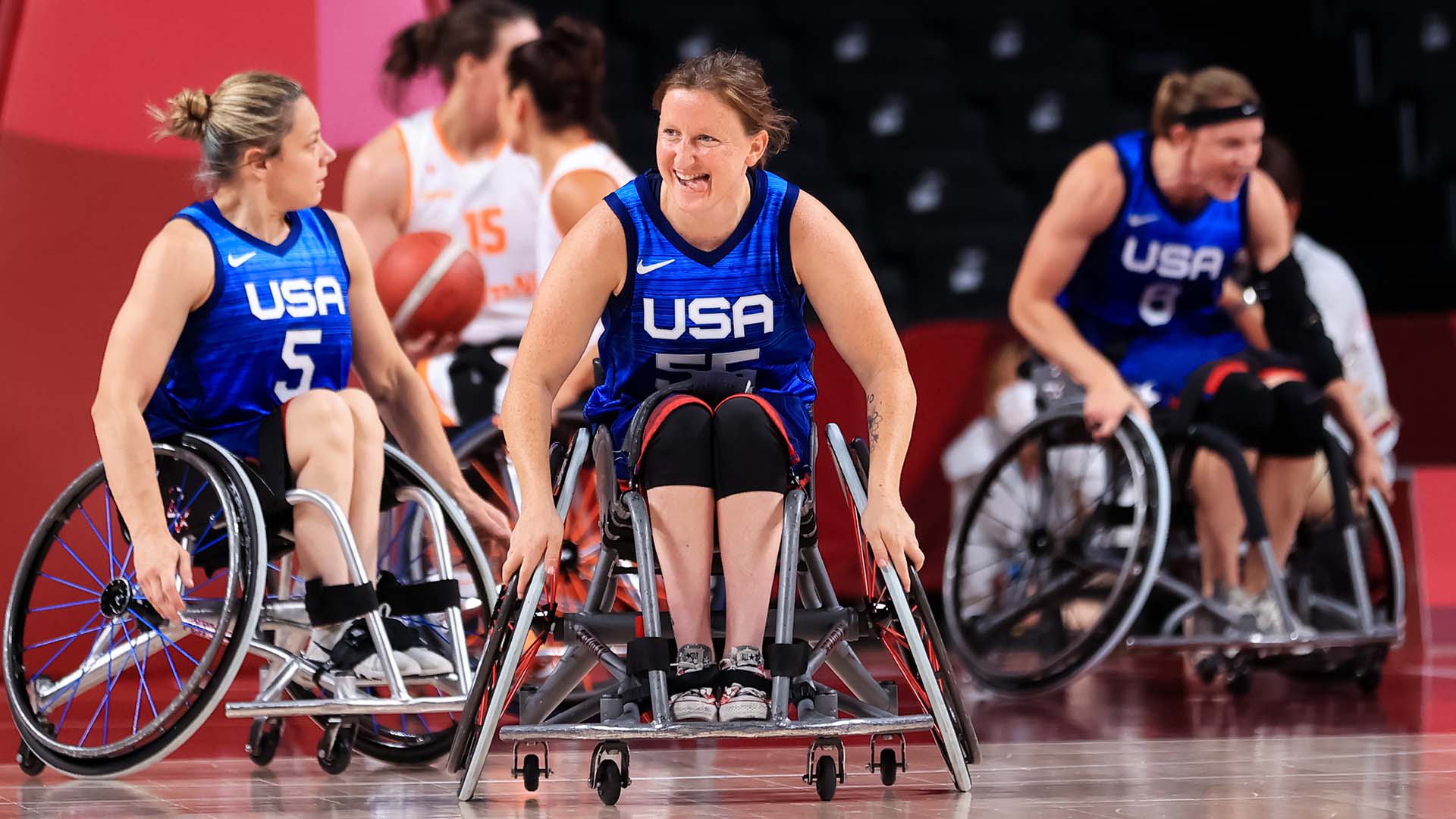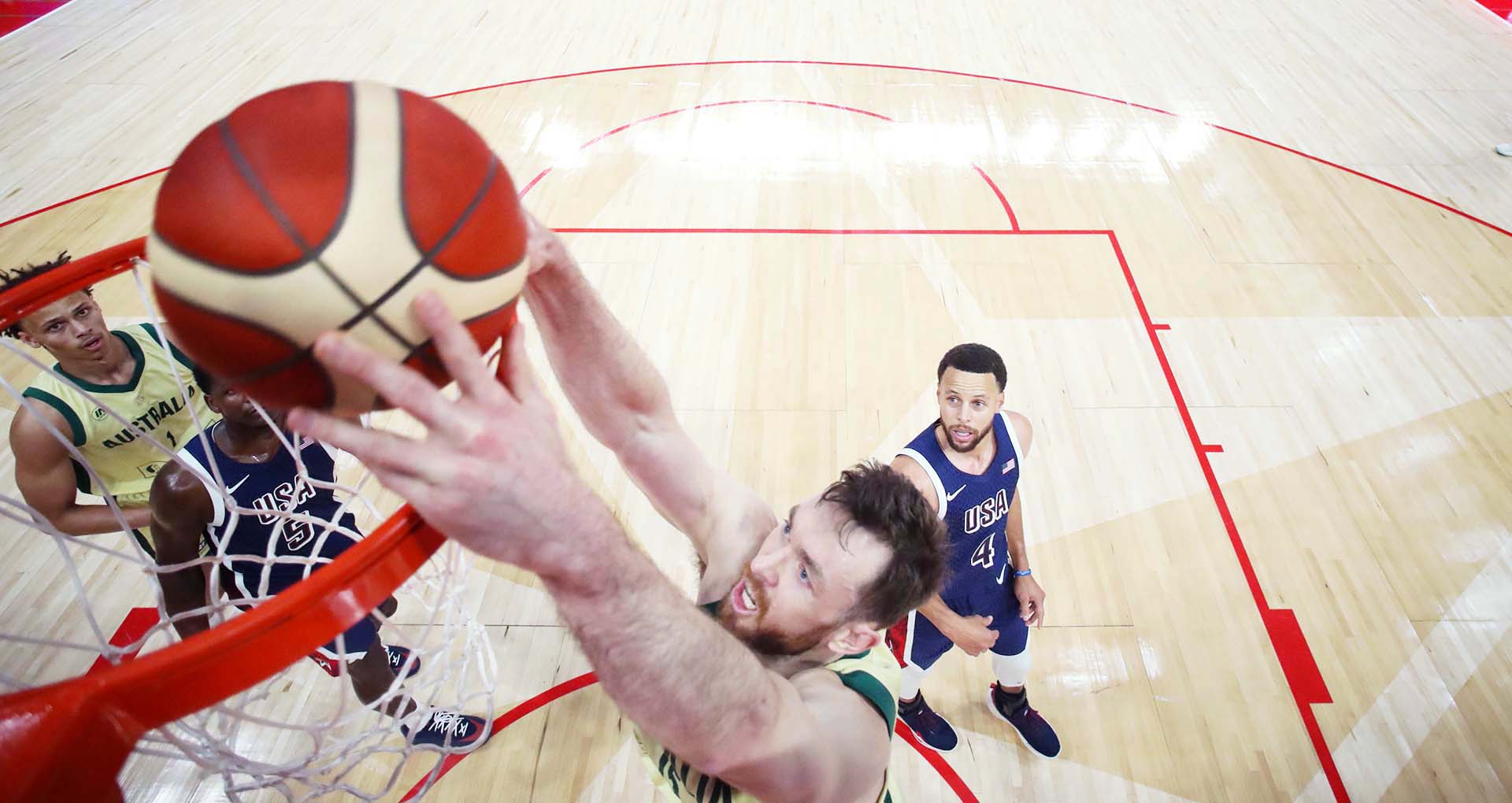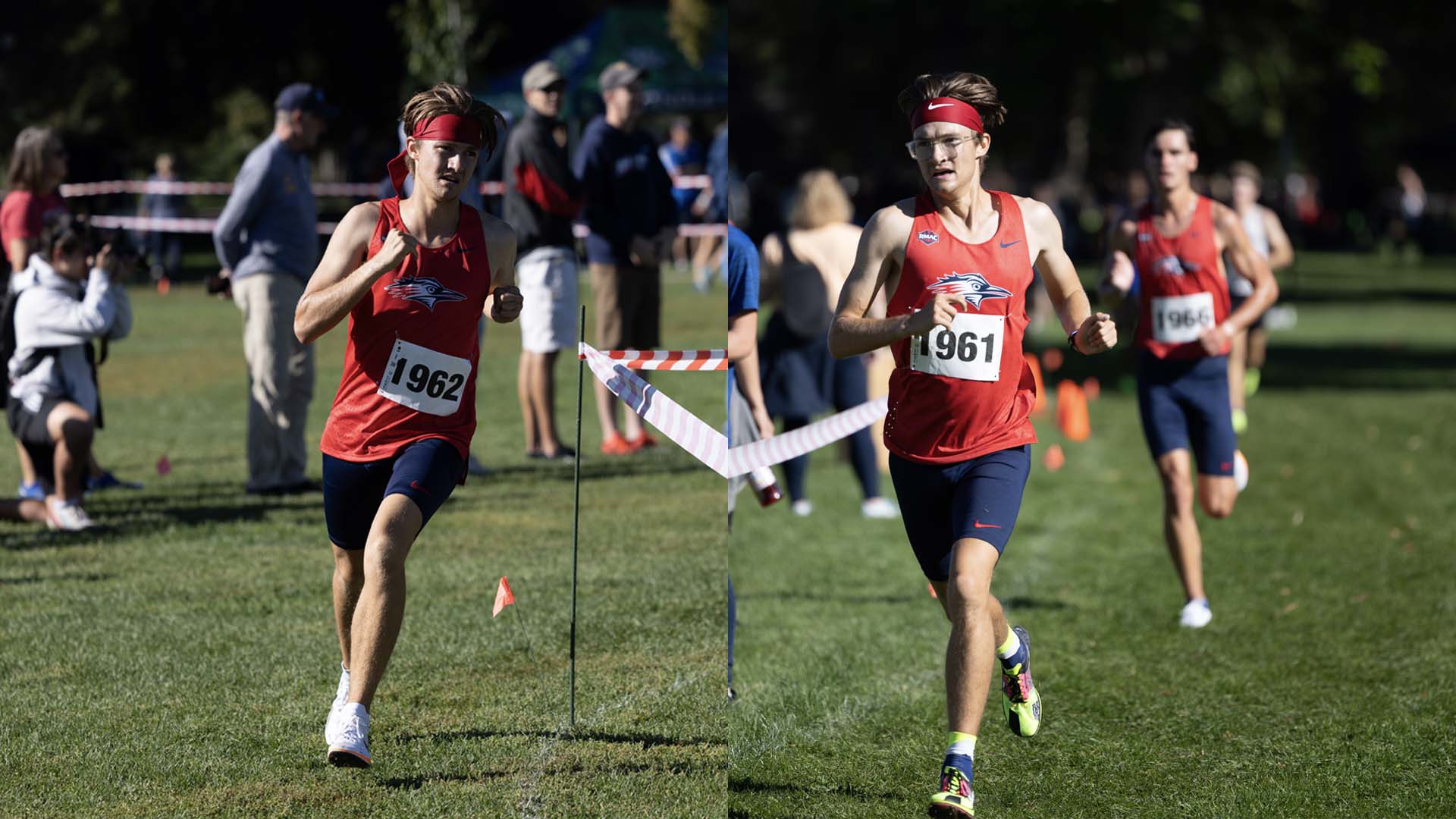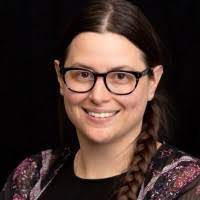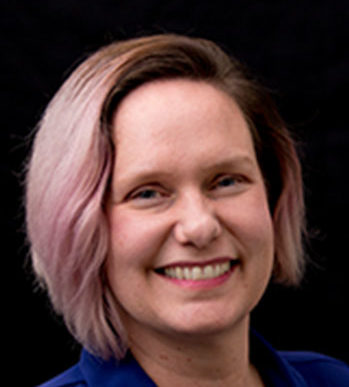Sweat equity
Transgender athlete Chris Mosier is running through barriers in international sport to achieve his dreams and clear the road for the next generation of LGBTQ athletes.
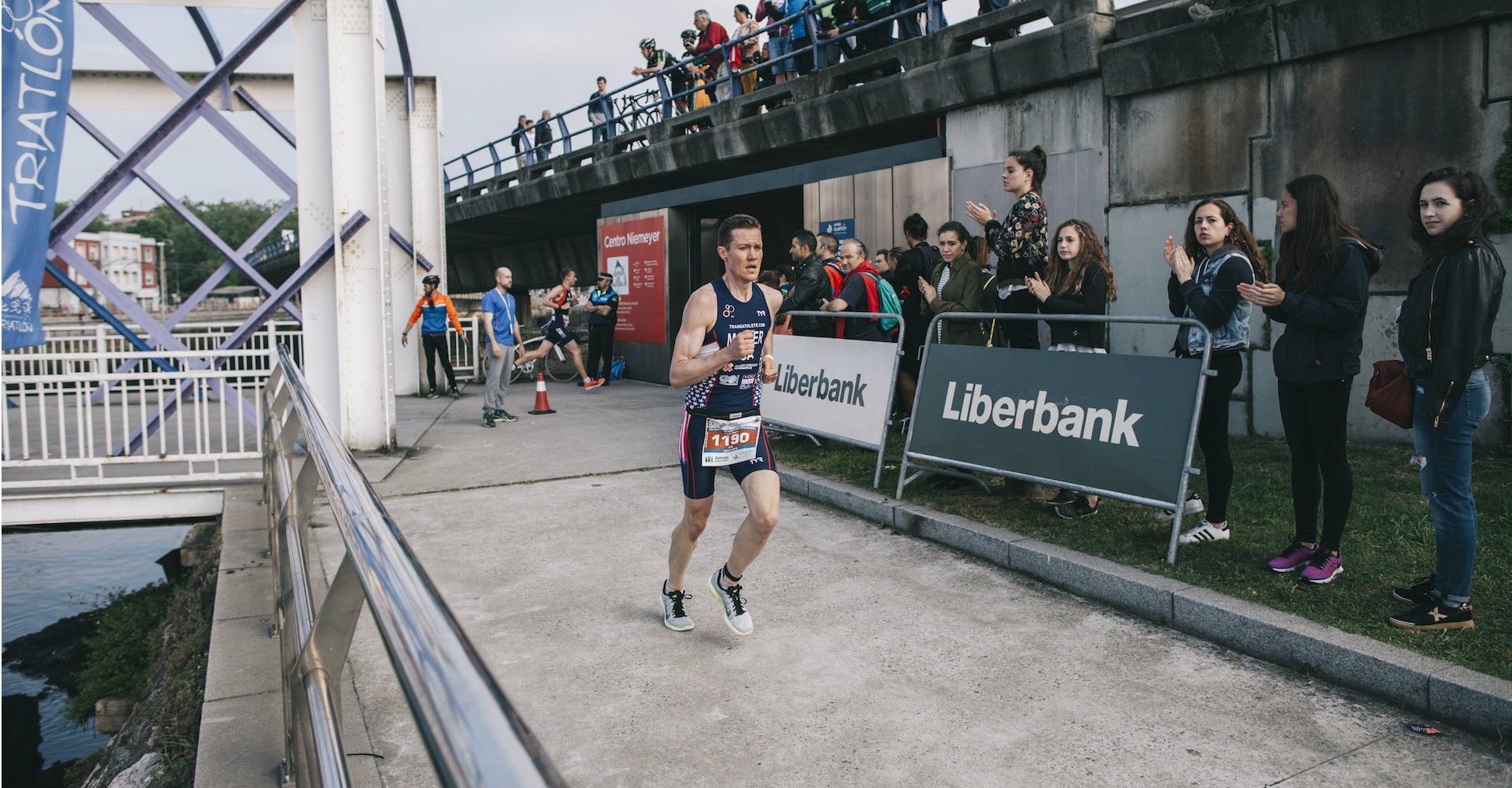
As a child growing up outside Chicago, Chris Mosier had hoop dreams.
The three-sport, all-conference high school athlete was recruited to play college basketball but turned down the offers; Mosier didn’t want to be on the women’s team.
Mosier is a transgender man who has blazed new trails in athletics since transitioning in 2010. He’s the first out transgender athlete to make a U.S. National Team and a six-time member of Team USA in duathlon and triathlon. He’s also the first transgender athlete in ESPN magazine’s Body Issue, the first transgender athlete sponsored by Nike and a nationally recognized speaker on LGBTQ equality. Mosier will be a keynote speaker during Metropolitan State University of Denver’s Homecoming 2019 celebration.
But during his college days at Northern Michigan University, Mosier didn’t yet identify as a transgender man. Rather than play on women’s teams, the gifted athlete participated in intercollegiate sports as the school’s mascot, Wildcat Willie.
After graduating from college in 2003, Mosier discovered his authentic self via sweat. He began running, an athletic activity that didn’t require a team or a locker room. It also helped him connect with his body, he said. Soon, he was competing in races and triathlons as a woman. In 2010, Mosier began identifying as a transgender man, started taking testosterone, changed his gender designation on documents and started competing in men’s triathlons and duathlons.
“I think I feel most comfortable in sweat. I think that’s my comfortable place,” he said. “There’s just something about sweat that is authentic and real. You can’t fake sweat. It’s something that is truly authentic about who I am and my existence.”
View this post on Instagram
Though he’s competitive and proud of his continued success as a world-class athlete, Mosier, who lives and trains in New York City, said his most important role is that of a voice for transgender athletes and the LGBTQ community. His goal, he said, is to be the person he needed when he was a young person who was most comfortable in the Wildcat Willie costume.
Mosier founded web resource transathlete.com in 2013 to provide students, athletes, coaches and administrators with information about trans inclusion in athletics at all levels of competition and speaks regularly about those issues at schools, companies and community events. He will share his story and advocacy for LGBTQ people in sports with MSU Denver on Wednesday at 11 a.m. in the Tivoli Turnhalle.
“Part of the reason (why LGBTQ youth-sport participation is low) is that sports are not set up to support LGBTQ youth,” Mosier said.
The data show this clearly, he said, pointing to a groundbreaking 2018 report by the Human Rights Campaign Foundation and the University of Connecticut. Only 24% of LGBTQ youth say they play a school sport, compared to 68% of a national non-LGBTQ sample, according to the report, Play to Win: Improving the Lives of LGBTQ Youth in Sports. The report, which surveyed 12,000 young people between the ages of 13 and 17, found that participation in sports are even lower for transgender boys (14%) and transgender girls (12%). Mosier pointed out another disturbing stat: 80% of LGBQ teenagers and 82 precent of transgender teenagers are not out to their coaches.
View this post on Instagram
“There’s a language in sport culture when talking about opponents,” Mosier said, referring to homophobic and sexist rhetoric. “The No. 1 thing people can do (to get LGBTQ youth participation in sports) is check their language – use inclusive language and shut down any anti-LGBTQ language that happens from coaches, spectators or anybody at any sort of event.”
Reimagine homecomingThis year, MSU Denver moved its Homecoming celebration from the winter to the fall. And in true Roadrunner style, the week is an inclusive celebration of school spirit that’s about much more than sports. “We created a week of activities that will help grow Roadrunner pride across campus and across all of our constituencies,” said Brandi Rideout, MSU Denver director of alumni relations. MSU Denver Homecoming 2019 kicks off on Monday, Sept. 30 with events throughout the week. Keynote speakers include trailblazing transgender athlete Chris Mosier and Gina Garcia, Ph.D., an expert on equity and justice in higher education focusing on Hispanic Serving Institutions. Female leaders on the University’s board of Trustees will also participate in a panel discussion about their respective paths to success in business. There’s plenty of food and fun to be had too. Stop by the Auraria Campus for a pancake breakfast, video game night, alumni softball game and a tailgate party. Oh, yeah — Roadrunnners will be flexing their athletic prowess too. Over the course of Homecoming 2019, you can cheer on the men’s and women’s soccer teams and the women’s volleyball team. Ready to get Rowdy? Here’s your complete MSU Denver Homecoming 2019 schedule |
|
Mosier’s own career shows that even when transgender athletes overcome those societal barriers,institutional ignorance presents additional barriers. But the world-class athlete is showing he’s more than capable of running through those, too.
In 2015, Mosier finished seventh in the duathlon national championships – good enough to qualify for Team USA’s 2016 World Championships sprint-duathlon team. However, his battle to make the men’s team was far from over. The International Olympic Committee guidelines for transgender athletes required gender-reassignment surgery – holding him back from competing in the World Championships.
Mosier challenged those guidelines and fought for change; in 2016, the IOC ruled that transgender athletes who have undergone hormone therapy for one year and passed Therapeutic Use Exemption tests could compete without restriction.
He’s modest about the accomplishment and said our common humanity and the power of sport overcame a bad rule.
“Really, I just think it took having a person with a name and a face to show what the policy really says and why it doesn’t make sense when attached to a human,” he said.
While the change by the IOC allows him to compete at the highest levels where he belongs, Mosier is most excited that the rule opens the doors for a new wave of LGBTQ athletes to achieve their dreams of competing on the world stage.
“Being able to (change the IOC guidelines) not only opened the door for me being able to compete,” he said, “but it also opens the door for every transgender athlete after me. Now they can compete in the Olympics and World Championships.”


